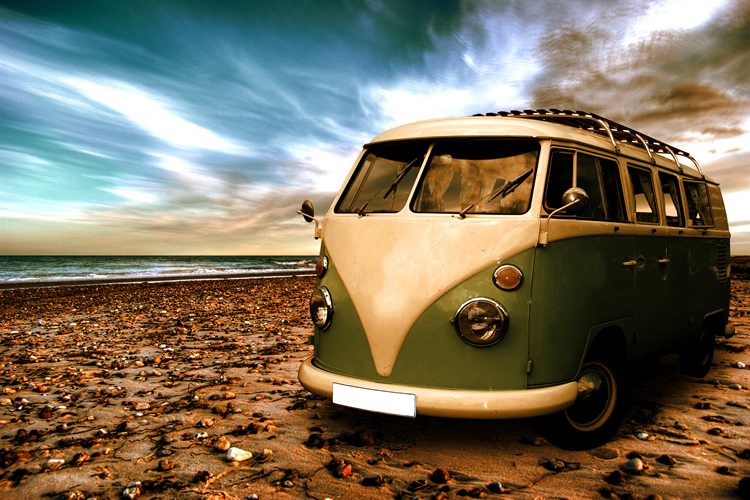
As we all find ourselves craving to talk to somebody and do it at close range, I bumped into a friend outside the grocery store recently. And we got caught up. First things first; we made sure we were both double-vaccinated. Then, we lowered our masks, so that we didn’t sound like we were mumbling, kept our distance, and began to catch up on each other’s lives.
“Everybody well in the family?” I asked.
“Yup,” she said. “All doubled-vaccinated, including away-from-home kids.”
“I noticed you sold your house recently. Are you leaving town?”
“We’re leaving everything,” she said. “We’re going to try the nomadic life.”
It must be partly as a result of the pandemic. We’ve all found ourselves penned up, staying at home, following the rules and avoiding non-essential travel for so long, that with things opening up, as a reflex, a lot of us feel the urge to travel.
In the case of my friend – similar to many – they’ve had a house, poured everything into it for decades. They’ve raised a family, watched their kids grow, go to university and then vacate home permanently in pursuit of their own career and life paths. Now, with the equity of a house in hand, they’ve decided to liquidate and do something they’ve always wanted.
“No schedule. No plan. Just hit the road,” she said.
Then, I spotted Richard Crouse’s story in the “Wheels” section of the weekend Toronto Star about so-called “vanning.” According to his feature, people have picked up on Jessica Bruder’s book, Nomadland: Surviving America in the Twenty-First Century.
It’s the book on which the Oscar-winning movie Nomadland is based; the heroine becomes unemployed when a factory closes, watches her town dying, and according to the movie trailer, “embarks on a journey through the American West, living as a van-dwelling modern-day nomad.”
Or as Crouse writes, she’s “exchanging four walls for four wheels.”
By coincidence – or perhaps because they were inspired by the movie or the urge to shake off the effects of the pandemic – over the winter, my sister and her husband searched online for a recreational vehicle.
They found one across the country, bought it, packed up some essential living utensils, rendezvoused with their new RV and have used this summer to explore Canada en route home.
“In the late ’60s, (CBS reporter) Charles Kuralt began a feature called ‘On the Road,’” my sister wrote on her first travelogue in June. “He and his cameraman travelled around the U.S. in an RV, seeking out interesting people and stories. I always thought that would be the best job.
You know what’s even better? Having your own RV and driving wherever you want to go, seeing incredible places and meeting interesting people – and doing it for pleasure, not work. … So that’s what we’ve started doing.”
As a tribute to Kuralt, Jim and Kate have named their RV “Charles.”
I remember the Kuralt features too. But being older than my sister, in the early 1970s, I thought I’d combine researching my first book – steam navigation on the Canadian prairies – with a van road adventure. I convinced my girlfriend to liquidate our car, buy a van, convert it for travel and hit the road.
We got off to a good start. We found a used 1967 Dodge Fargo van, had it inspected, spent a few thousand dollars converting the panel section into living space. Then, on a short trip into the country, I blew the engine. A total loss.
Fortunately, friends loaned us a VW bug, and we downsized our van road adventure to a bug and tenting adventure. Miraculously, Jayne still married me, and the book was published in 1977.
As illustrated by my sister’s example, a lot of us who’ve coped with the pent-up desire to escape home after the pandemic have spent recent days planning trips, counting air miles, and dusting off suitcases, carry-ons and backpacks in hopes that non-essential travel might soon resume.
Some have already optimistically booked flights to sunbelt locations next winter. Meanwhile, a lot of Canadians have been looking south, wondering when the Americans might open their side of the border to fully vaccinated Canadians wanting to visit family, friends and vacation spots in the Lower 48. So far, the U.S. by land, is a no-van zone.
That means for those of us not in the market for an RV or assigning our air miles to overseas flights or considering cruises an option again, non-essential travel remains pretty localized.
We’ll be restricted to daydreaming over travel sections in the newspaper, camping down the road at an Ontario provincial park, or venturing to a bed and breakfast within striking distance of home. Whichever it is, travel appears to be the universal COVID antidote.